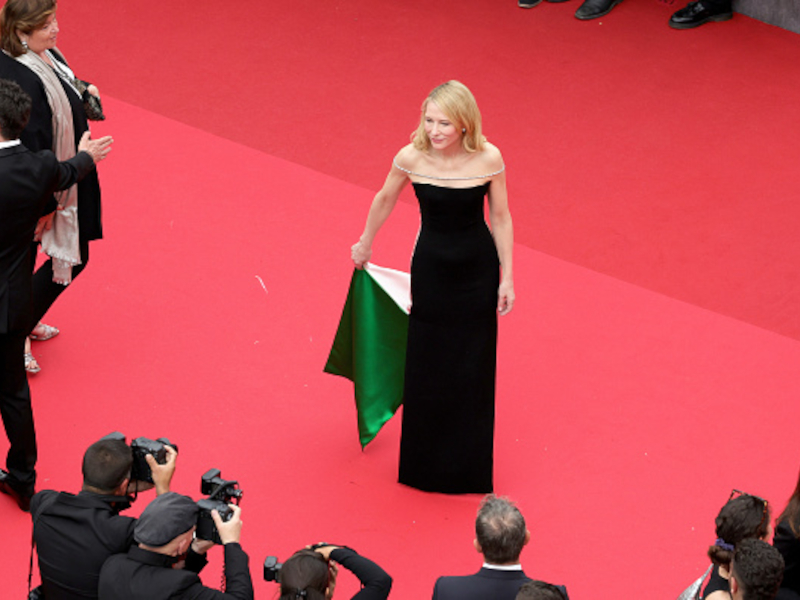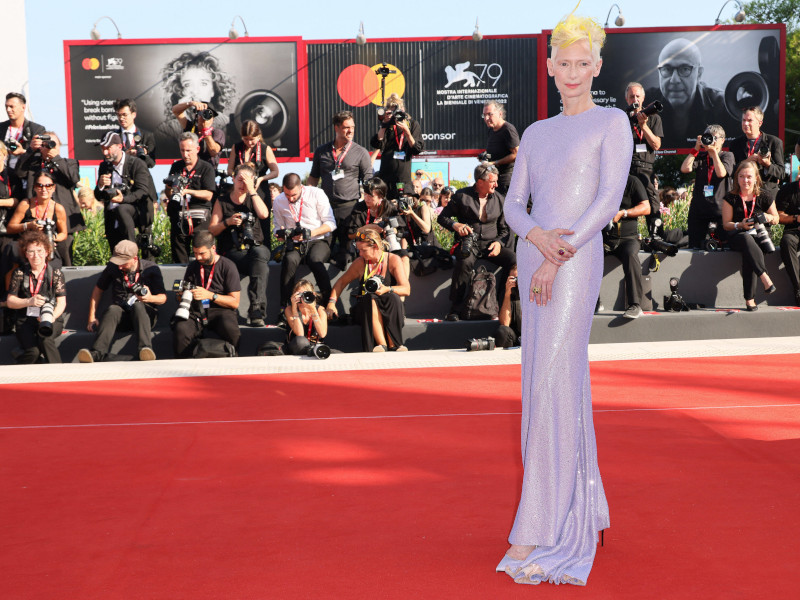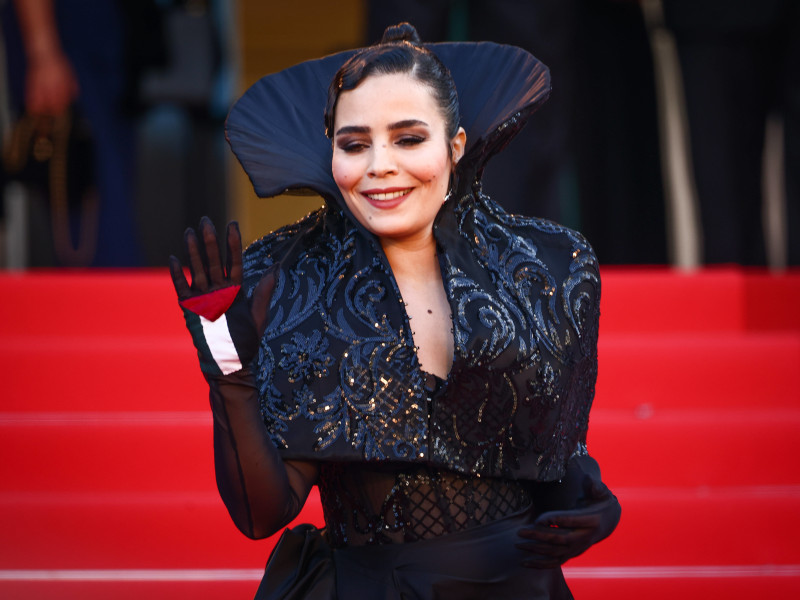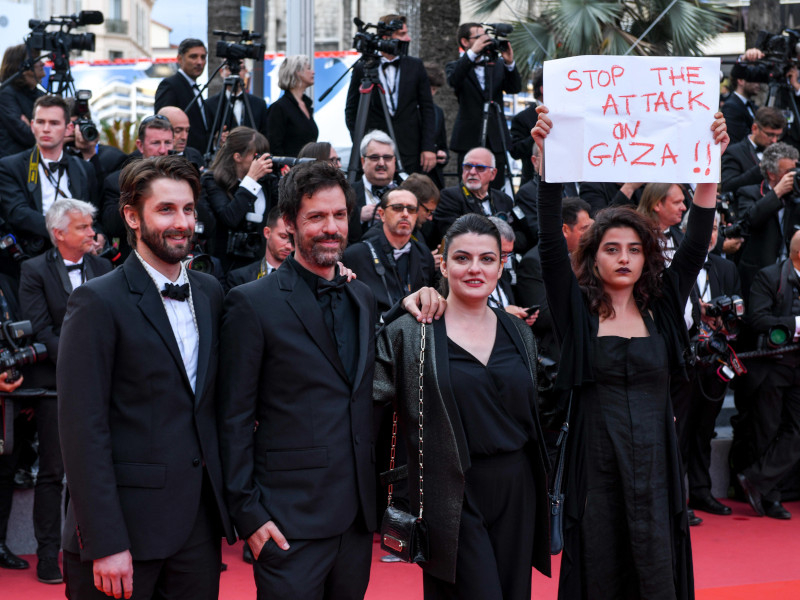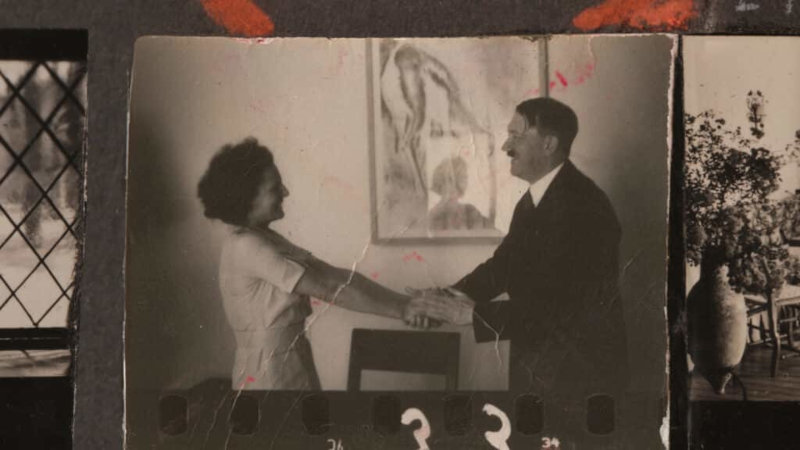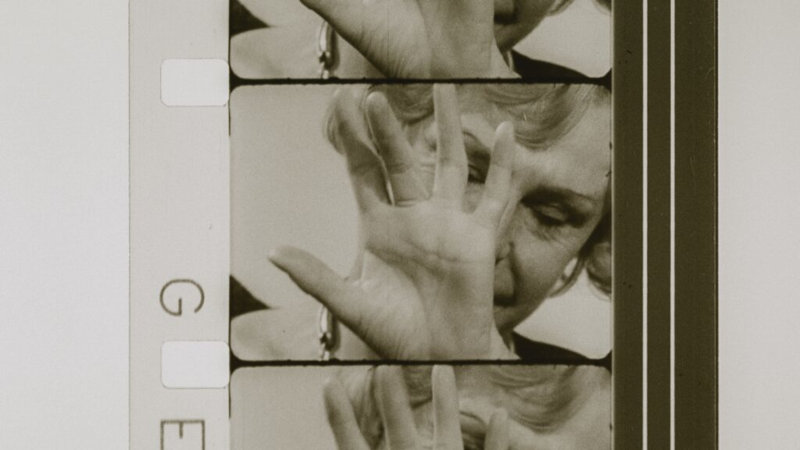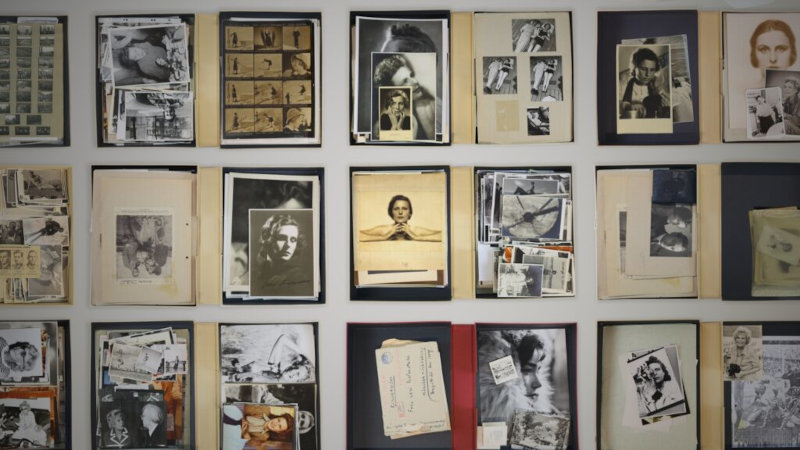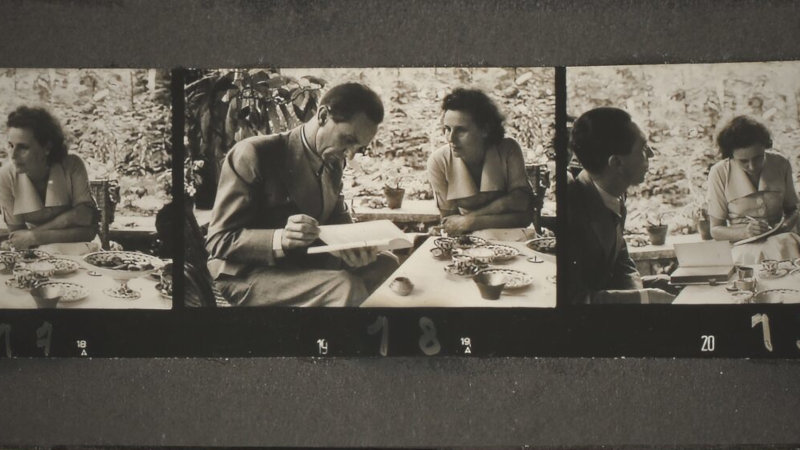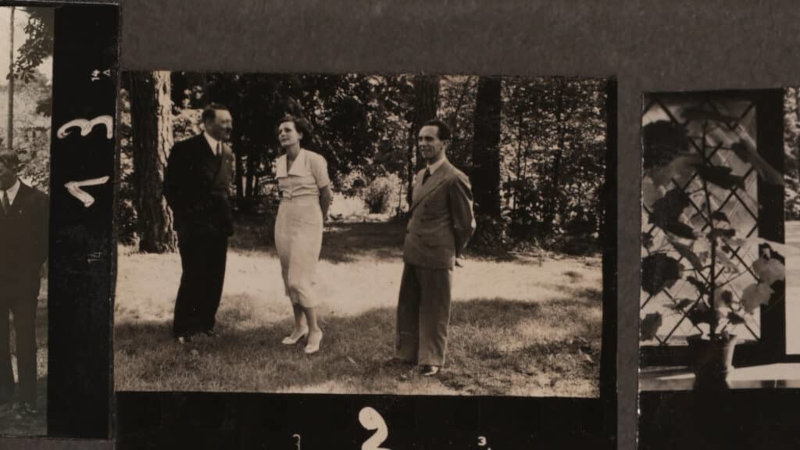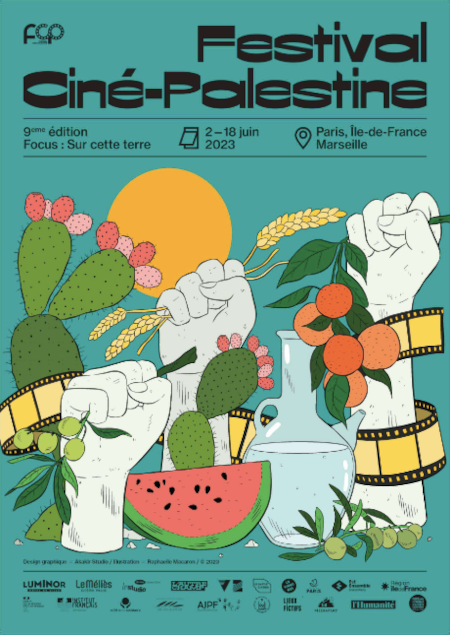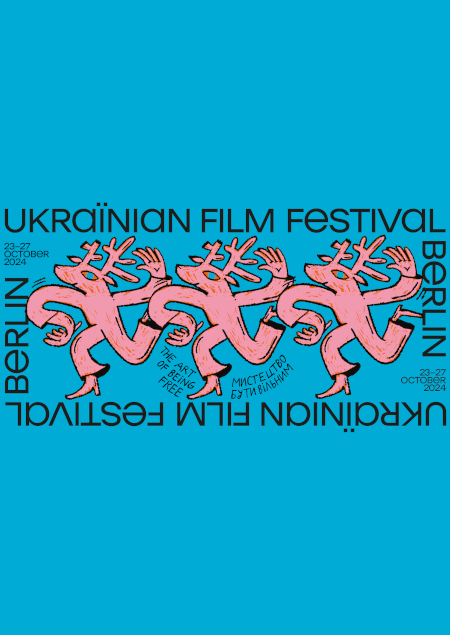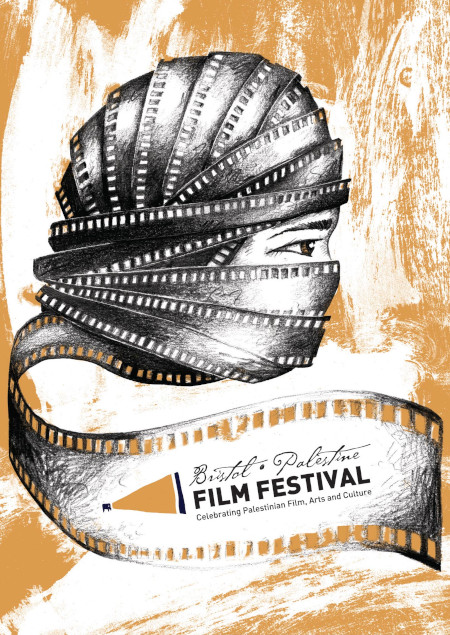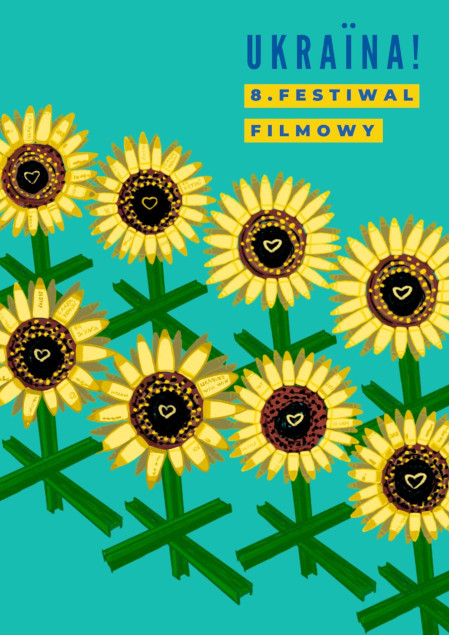FESTWAR FM
Film Festivals and War: a Fe-Male Perspective (1939-today)
Overview
FESTWAR FM investigates film festivals’ evolution as places of memory in conflict situations with a specific focus on women’s position within this process. The project centres on three armed conflicts that have occurred in Europe since the creation of the first film festivals: WWII (1939-1945), Yugoslavia (1991-1999), and Ukraine (2014-present). The influence of other major conflicts on the global film festival scene and vice versa is also taken into account, most notably the war in Palestine (since 2023).
By including global and local, historical and contemporary perspectives, FESTWAR FM will provide new knowledge on the way film festivals have been producing contested memories of war, through the first comprehensive, gender-oriented study of film festivals’ responses to armed conflicts. In doing so, the project aims to, for the first time in scholarship, historicise and theorise women’s role in film festivals action in response to war.
Keywords: film festivals, war, women, conflict, oral history.
Context: From WWII, to Yugoslavia (1990s), to Ukraine (since 2014)
Since the creation of Venice Film Festival in 1932 as a cinematic showcase for Mussolini’s propaganda, film festivals have both influenced the development of war and been influenced by it: Cannes film festival’s first edition in 1939 was cancelled due to the outbreak of WWII, Sarajevo film festival was created in 1995 in response to war in Bosnia, while, more recently, Ukrainian President Volodymyr Zelenskyy has addressed the opening ceremonies of Berlin, Cannes and Venice. Film festivals and war machines are male-dominated endeavours; however, women have had more than cameo roles: from Leni Riefenstahl’s controversial 1938 award in Venice for her film Olympia, to actress Tilda Swinton’s red-carpet appearance, dressed in Ukraine’s national colours, in the same festival in 2022. Yet, despite numerous examples of women’s involvement in film festivals during conflict, no global study has yet analysed their roles in film festivals as places of social action in the context of ongoing wars, nor theorised what we might learn from it. FESTWAR FM will break new ground as the first comprehensive study that deals with film festivals and war from a gender perspective.
Research
FESTWAR FM focuses on three case studies connected to three armed conflicts that have occurred in Europe since the creation of the first film festivals:
- WWII (1939-1945)
- Yugoslavia (1991-1999)
- Ukraine (since 2014)
The research compares global responses to these wars through analysis of the world’s five most prestigious, ‘A-list’ film festivals (Venice, Cannes, Berlin, Toronto, Sundance), with the European and local response of the major film festivals operating in the war affected Yugoslavia (Pula, Belgrade, Sarajevo) and Ukraine (Kyiv, Odesa). The realities of other conflicts, their effect on global film festival scene and vice versa, are also taken into account, most notably the current war in the Middle East (since October 2023).
The analysis is organised around three categories:
- What is the difference between male and female representation in programmed war films?
- What is the difference between them among the participating filmmakers?
Objectives
FESTWAR FM has four major objectives:
News and events
- July 8-11, 2025, Istanbul, Turkey
HOMER Annual Conference 2025: Cinema and Conflict. Paper presentation: “Film Festivals and War: a Fe-Male Perspective”, Galatasaray Univesrity, Istanbul, 8-11/07/2025 - June, 19-21, 2025, Lisbon, Portugal
NECS Annual Conference: Discovering/Uncovering - Navigating Complexities of Screen Media. Paper presentation: “Film Festivals as Platforms of Exchange and Wartime Diplomacy: WWII, Yugoslavia, Ukraine”, University Lusofona, Lisbon, 19/06/2025 - May 22-23, 2025, Nova Gorica, Slovenia
Paper presentation “Film Festivals as Places of Cross-Border Inter-action: the case of Yugoslavia and the (post-)Yugoslav States (WWII-today)” at the workshop, "Places of Cross-Border Interaction in History: The Alps-Adriatic Region", EPICenter, Nova Gorica. Organized by the Science and Research Center Koper, within the ERC project OPEN BORDERS. - April 29, 2025, Paris, France
MSCA Postdoctoral Fellowship Conference, organized by the Marie Curie Alumna Association (MCAA). Round table on how to finalize a MSCA project application. Cité international universitaire de Paris, Maison de L'Île-de-France, 9D Bd Jourdan, 75014 Paris. More information on LinkedIn. - February 21, 2025, online
invited presentation «Les festivals de cinéma et la guerre: une perspective féminine/masculine (1939-aujourd’hui)» [FRA] [Film Festivals and War: a Fe-Male Perspective, 1939-today], Réseau de recherche français sur les festivals de films (2R3F) [FRA]

